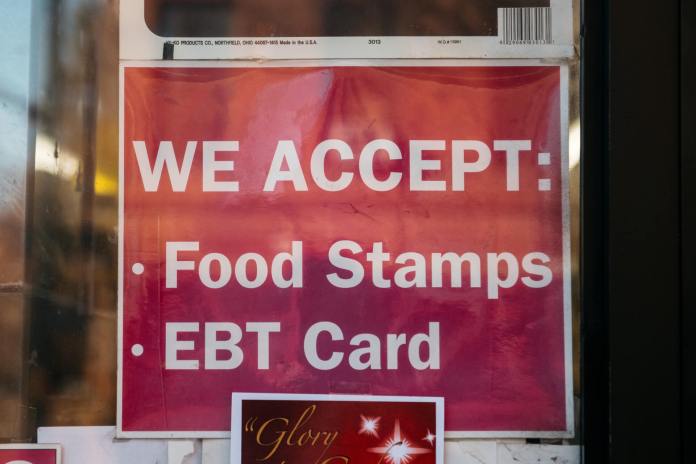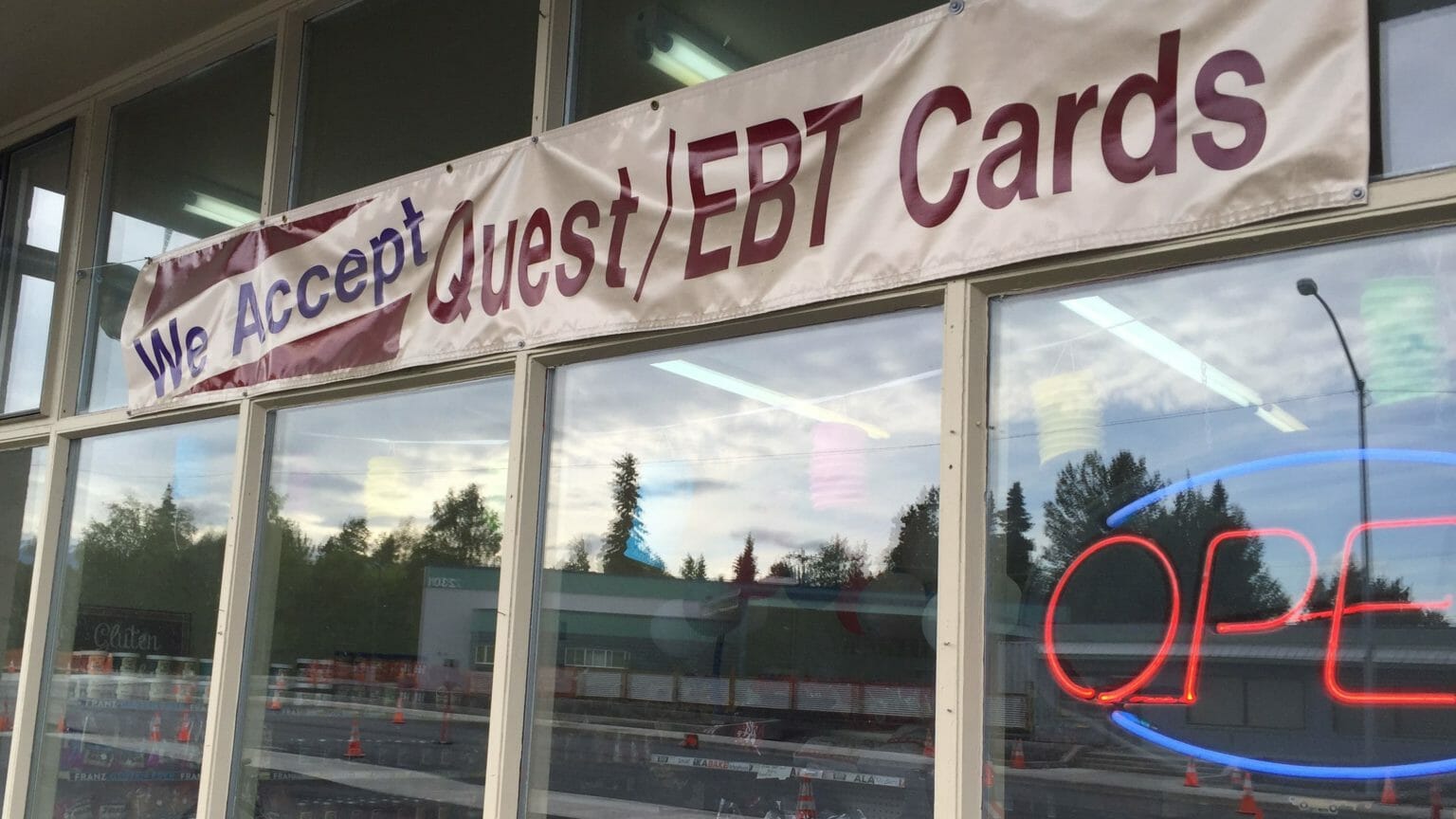Legal Battle Over SNAP Delays
Systemic Challenges in Public Assistance
According to SALON, in Alaska U.S. District Court Judge Sharon Gleason is currently overseeing a significant legal matter involving allegations against the state’s Department of Health regarding delays in processing food stamp benefits. The lawsuit initiated by ten plaintiffs asserts that the department violated federal regulations governing the administration of the Supplemental Nutrition Assistance Program (SNAP). According to court documents these delays resulted in many residents being deprived of critical food assistance especially during the severe winter months which exacerbated difficulties for vulnerable communities. The plaintiffs are advocating for both immediate relief and long-term solutions including court orders to ensure timely processing of SNAP applications clearer communication regarding eligibility determinations and enhanced language services for applicants who do not speak English fluently.
This case has shed light on systemic issues within Alaska’s Division of Public Assistance. Allegations of mismanagement understaffing, and significant errors in the distribution of benefits have surfaced indicating that the state’s performance in managing SNAP benefits falls well below national standards. Despite assurances from state officials that recent efforts have addressed the backlog concerns linger among plaintiffs and advocates for public assistance about persistent delays and the state’s capacity to consistently meet federal requirements. Judge Gleason following oral arguments is now grappling with the complexities of the case and evaluating potential court orders that could compel the state to rectify its administrative shortcomings.
READ ALSO: $4,000 Stimulus Checks For People With Disabilities: Social Security Administration’s Latest Effort To Ease Financial Strains

10 Plaintiffs 10,000 SNAP Recipients Affected: Alaska’s Food Stamp Delays Exposed Judge Weighs Court Intervention! (PHOTO: Alaska Beacon)
Impact on National Policy and Practice
The outcome of this legal dispute holds profound implications for how states across the country handle essential benefits amidst bureaucratic challenges and external crises. Judge Gleason’s decision could set a precedent regarding the accountability of state agencies in meeting federal obligations regarding public assistance programs. The case underscores the critical importance of timely and effective administration of SNAP benefits particularly for vulnerable populations who rely on these supports to meet their basic needs. As the deliberations continue stakeholders await the judge’s ruling which will not only impact Alaska but may also influence policies and practices nationwide concerning the equitable distribution of essential benefits.
READ ALSO: $1.1 Trillion In Social Security Benefits: Staying Ahead Of The Curve With Work Credits And COLA Increases

















































